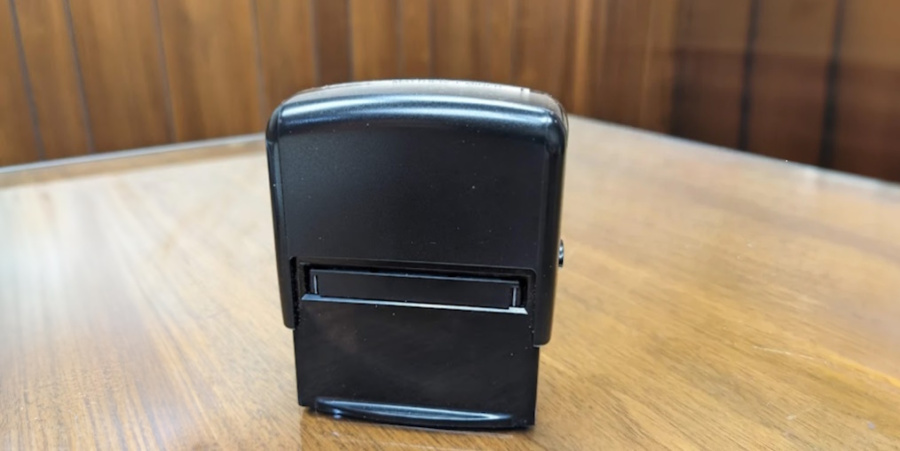On June 5, 2023, a number of amendments to the Illinois Notary Public Act went into effect. Among these changes are the requirement of a 3-hour course to obtain or renew a notary commission, the permanent establishment of both remote and electronic notarization, and the new requirement that most notaries keep a journal of every notarization they do. Somewhat confusingly, the act was actually passed in 2021, but many provisions required the Secretary of State to issue guidance as to how they should be implemented before they took effect. This month the Secretary of State finally published those rules.
Many states have required notaries to keep journals before this, but Illinois has not before now. As of this writing, even the 2023 Secretary of State Handbook still incorrectly says Illinois Notaries don't have to (even though the Secretary of State is who finally implemented the legislated change):
Should I keep a log book of any actions as a notary?
There is no requirement in Illinois that a notary public keep a log book or journal. However, a notary may keep a journal for his or her own record keeping.
This is now incorrect however. P.A. 102-160 added 5 ILCS 312/3-107 to now require Illinois Notary Publics to keep a journal.
Note that it exempts law firms from having to maintain a journal of all the notarizations they do as this could violate attorney-client confidentiality, but we are now required to keep copies of all documents we notarize if we don't maintain a law firm journal.
Everyone else has to maintain a personal journal in compliance with 14 IAC 176.900 & 14 IAC 176.910. The former gives the requirements for a notary journal overall, and the latter the requirements for journal entries. Namely these requirements are:
Each journal of a notary public, whether maintained on a tangible medium or in an electronic format, must contain all of the following information in any order:
1) The name of the notary public as it appears on the commission;
2) The notary public’s commission number;
3) The notary public’s commission expiration date;
4) The notary public’s office address of record with the Secretary of State;
5) A statement that, upon the death or adjudication of incompetency of the notary public, the notary public's personal representative or guardian or any other person knowingly in possession of the journal must deliver or mail it to the Secretary of State;
6) The meaning of any abbreviated word or symbol used in recording a notarial act in the notarial journal; and
7) The signature of the notary public.
You also have to update your information if it changes while you're using the journal.
Then if you're using an electronic journal, it has to have the following additional requirements:
1) Prohibit the electronic notary public or any other person from deleting a record included in the electronic journal or altering the content or sequence of such a record after the record is entered…;
2) Be securely backed up by the electronic notary public…; and
3) Omit all personally identifiable information, as defined in Section 176.10. [(Essentially Social Security number, driver's license/ID card number, account numbers, medical information, health insurance information, or biometric data)]
Onto the journal entries themselves:
Each entry shall contain at least the following information:
1) The name of the principal;
2) The name of each credible witness relied upon to verify the identity of the principal;
3) The name of any other person that signed for the principal;
4) The title or a description of the document notarized;
5) The date of the notarization;
6) Whether the notarization was conducted in person, remotely, or electronically;
7) The fee charged, if any; and
8) The physical location of the notary and the principal.
Then entries have the following prohibitions:
1) An identification number that was assigned by a governmental agency or by the United States to the principal that is set forth on the identification card or passport presented as identification;
2) Any other number that could be used to identify the principal of the document;
3) A biometric identifier, including a fingerprint, voice print, or retina image of the principal;
4) An individual’s first name or first initial and last name in combination with and linked to any one or more of the following data elements when the data elements are not encrypted or redacted:
A) Social Security number;
B) Driver’s license number or a State identification card number; or
C) Financial account information; and
5) An electronic signature of the person for whom an electronic notarial act was performed or any witnesses.
It's all fairly simple, basic information, but definitely a bit of tedious extra bookkeeping work from what Illinois notaries are used to. I think it's all pretty straightforward, but I'm happy to try to answer any questions
The above is my understanding of the law. I am a lawyer, but I am not your lawyer. This post does not constitute legal advice. I make no warranty as to its accuracy or applicability to you. If you need a lawyer, get a lawyer. If you want me specifically, hire me.
